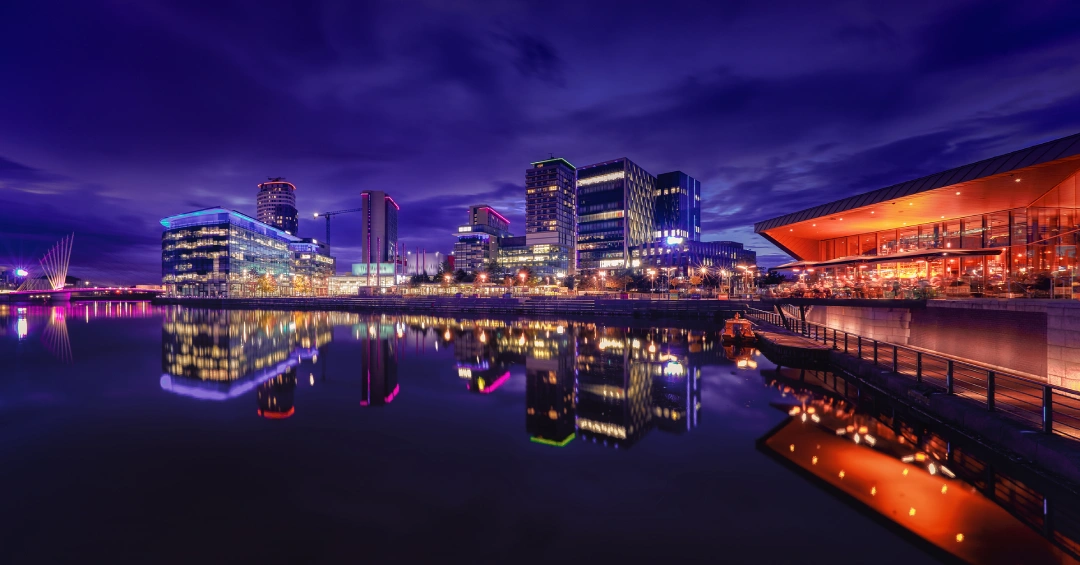
Seven cities have been chosen as candidates to host the 2023 Eurovision Song Contest – including Birmingham, Manchester and Glasgow – with 20 cities having expressed interest in total. London will not be hosting the competition, the BBC announced.

This comes after the UK was chosen to host the Eurovision in place of Ukraine, which won this year’s event but cannot host the next contest due to the ongoing war with Russia.
Many cities had thrown their hats in the ring, one of them being London. The mayor of London, Sadiq Khan, insisted that the event should be indeed held in the capital, but ultimately it did not make the shortlist.
The seven cities in the UK that have been shortlisted to host Eurovision 2023 are:
- Birmingham
- Glasgow
- Leeds
- Liverpool
- Manchester
- Newcastle
- Sheffield
The BBC stated: “We are committed to delivering a truly unique Song Contest that celebrates wonderful Ukraine and champions British music and creativity in all its diversity.”
📢 It’s OFFICIAL. Seven UK cities – Birmingham, Glasgow, Leeds, Liverpool, Manchester, Newcastle and Sheffield – are on the shortlist to host the #Eurovision Song Contest 2023 🎤
— BBC Press Office (@bbcpress) August 12, 2022
Read more ➡️ https://t.co/X5EQdRZA2k pic.twitter.com/qkLUiSjwPX
The announcement was made on The Zoe Ball Breakfast Show on BBC Radio 2 with the collaboration of Scott Mills and the executive supervisor of the Eurovision Song Contest, Martin Österdahl. The reveal was introduced by playing Kalush Orchestra’s Eurovision 2022 winning track, “Stefania”.
Charlotte Moore, the BBC’s chief content officer, wrote: “We will work closely with our colleagues at the Ukrainian broadcaster UA:PBC, and will showcase Ukrainian culture and music as a key part of the event.”
When is Eurovision 2023?
The UK will host the Eurovision Song Contest in May 2023.
Tickets prices, sellers and availability are yet to be confirmed, according to the official website. Even at that stage, the number of tickets will take more time to decide, as the BBC evaluates the amount of space needed for the production in the venue.
The Eurovision Song Contest is made up of nine shows across six days, split into three stages:
- First Semi-Final (Tuesday)
- Second Semi-Final (Thursday)
- Grand Final (Saturday)
Each of these evening events is preceded by a jury show the day before and a family show in the afternoon.
[Read more: So what infrastructure does a city need to host Eurovision?]






